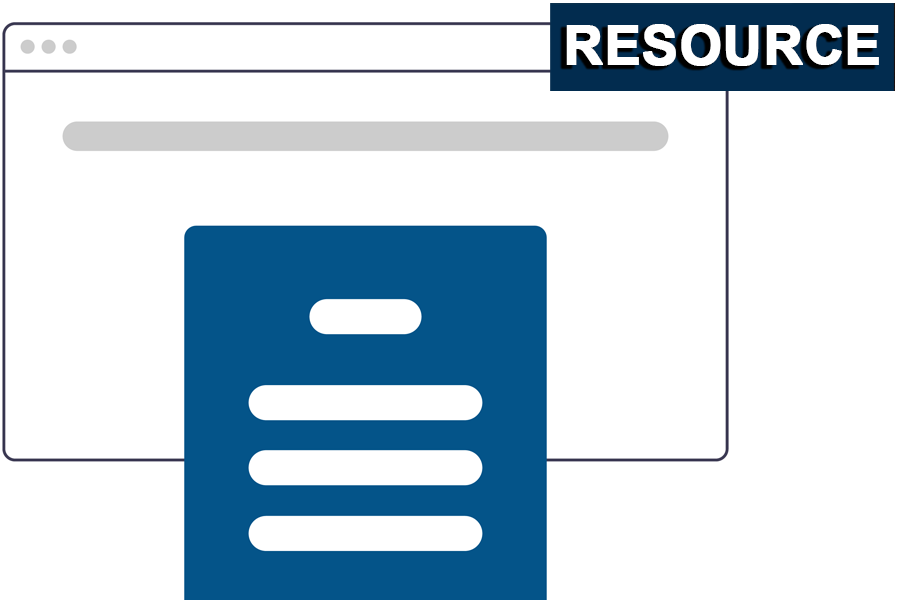Transparency and Accountability Resources
Transparency and accountability are critical components of democratic policing—and the cornerstone of our mission at the Policing Project. From the manuals that cover critical policies (such as the policing agency’s rules on consent searches or surveillance), to the data that informs the public of the agency’s performance (such as the number of complaints against officers or use-of-force incidents), to a clear enunciation of the authority granted to civilian review boards—communities require information about the activities of police that serve them.
To this end, the Policing Project has created a suite of resources outlining concrete steps policing agencies, elected officials, and communities can take to improve policing transparency and accountability. These materials provide clear and reasonable guidance on three critical areas: accessibility of agency policy manuals, community oversight, and agency transparency.
The Manuals Initiative
 Police manuals define how officers are supposed to act in various situations. Being able to read departmental policies allows communities to evaluate how they are policed and whether their interactions with police are aligned with department policies. Yet a shockingly high number of cities do not post their manuals online at all–a frankly stunning fact when you consider the Internet has been around for more than three decades.
Police manuals define how officers are supposed to act in various situations. Being able to read departmental policies allows communities to evaluate how they are policed and whether their interactions with police are aligned with department policies. Yet a shockingly high number of cities do not post their manuals online at all–a frankly stunning fact when you consider the Internet has been around for more than three decades.
Of course, how you post a manual is almost as important as posting it in the first place. The Manuals Initiative offers key steps to not only satisfy the minimum every city should achieve when it comes to providing public access to its police manual, but also attainable ways to make the manual easy to find, easy to read, and easy to understand.
What Does Police Accountability Look Like?
 When things go wrong in policing, there are often very few avenues available for concerned community members who wish to tackle the root causes of problems. We examined the ordinances of the 100 largest cities in the U.S. to see what their formal police oversight bodies look like and found that while police oversight bodies are not uncommon, many are likely ill-equipped to facilitate front-end accountability.
When things go wrong in policing, there are often very few avenues available for concerned community members who wish to tackle the root causes of problems. We examined the ordinances of the 100 largest cities in the U.S. to see what their formal police oversight bodies look like and found that while police oversight bodies are not uncommon, many are likely ill-equipped to facilitate front-end accountability.
Our police accountability guide offers insight for communities to ensure their oversight bodies are equipped to truly address their priorities and needs. We identified five factors—from adequate budgeting to access to critical information—communities and police should consider to improve accountability.
Framework for Data & Transparency
 Transparency means that clear information on what police are doing, and how they are doing it, is open and accessible to the public. But knowing what data to provide can be overwhelming—police might fear they lack the time and personnel resources to collect and post data, and communities might not wish to get so overwhelmed in an avalanche of information that they cannot easily access what they wish to find.
Transparency means that clear information on what police are doing, and how they are doing it, is open and accessible to the public. But knowing what data to provide can be overwhelming—police might fear they lack the time and personnel resources to collect and post data, and communities might not wish to get so overwhelmed in an avalanche of information that they cannot easily access what they wish to find.
Our Data & Transparency Framework on data and transparency provides streamlined guidance on what sorts of data should be made available from policing agencies and how providing it can address community concerns, foster mutual trust, and improve community-police relations. The framework provides two tiers of guidance—an ideal that agencies should aim for, as well as immediate and doable steps to take now.
Relevant Model Legislation
We have model statutes concerning (a) data collection & transparency, (b) officer discipline & decertification, and (c) removing barriers to officer accountability.
Our data collection & transparency statute sets forth which data states should collect and publish, and the policies and information law enforcement agencies should release to the public. Our officer discipline & decertification statute requires agencies to conduct thorough investigations before hiring new officers, and empowers Peace Officer Standards and Training ("POST") boards to impose statewide discipline on officers who commit misconduct. And our removing barriers to officer accountability statute eliminates common accountability-impeding provisions from state and local law, and prohibits localities from including them in collective bargaining agreements.
